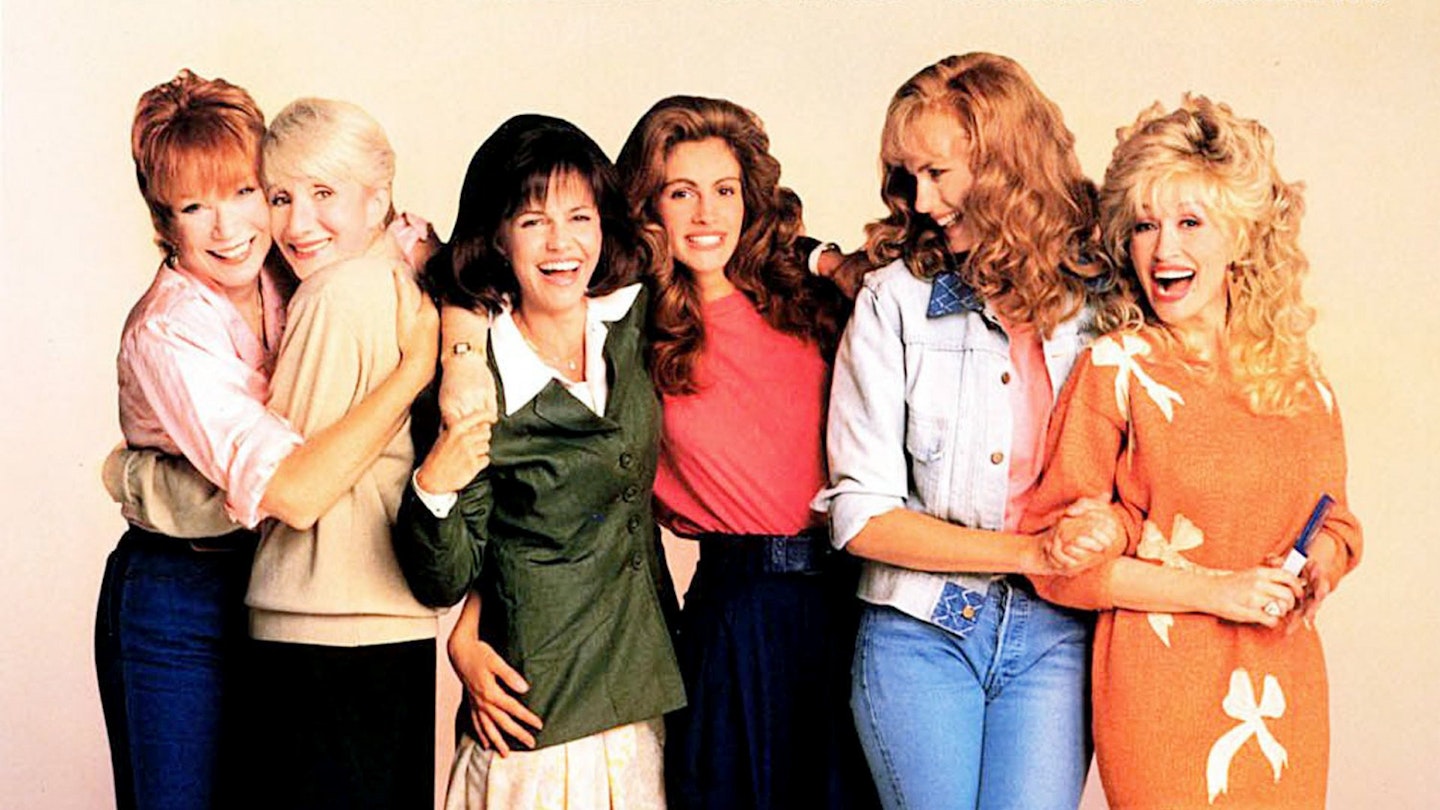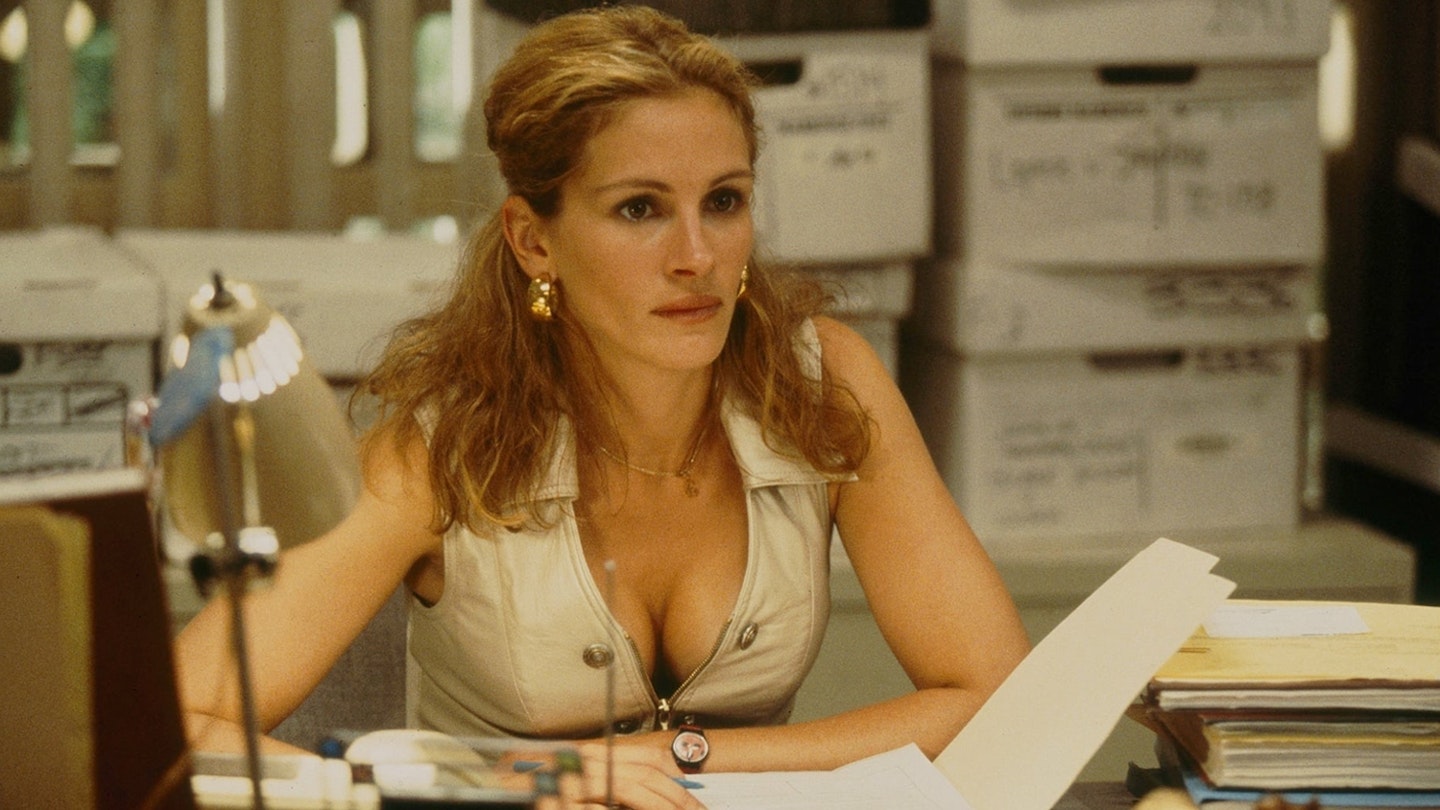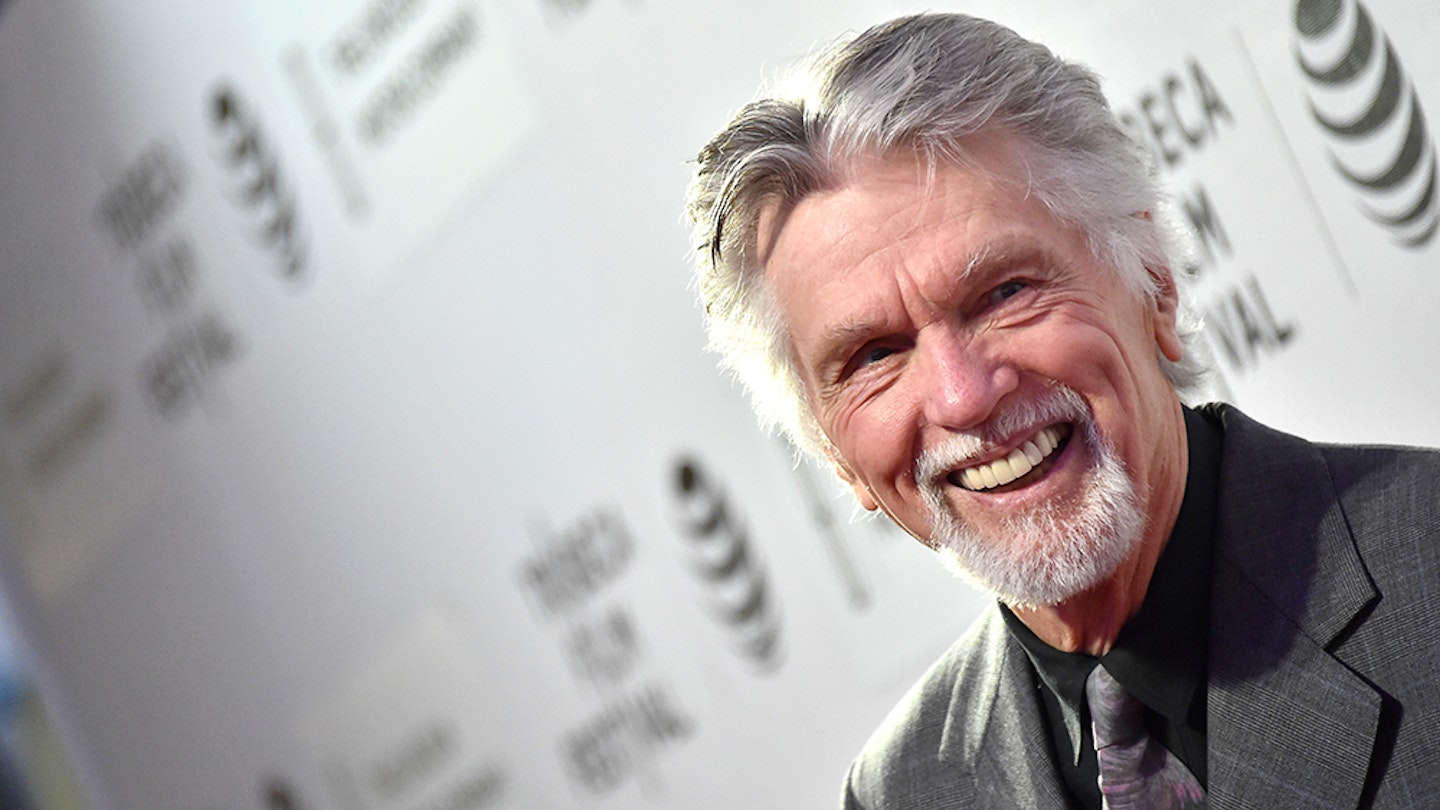Robert Harlings original moving piece was written as a tribute to his own mother and sister and the manner in which they dealt with personal tragedy. His award-winning stage play was set entirely in the local hair salon, where the women came and went with the seasons, sharing their life stories, problems, gossip and griefs over shampoo and sets. Harlings and Ross screen adaptation opens up the setting to take in town, neighbours, events from wedding to fete to funeral, and introduce the men in the womens lives.
While this arguably makes for a more interesting film visually, it has unquestionably weakened the force of words in the play, in which the good-natured flow of shriekingly funny lines gave way suddenly and shockingly to the poignant climax. It may be unfair to compare a film with its stage source, but the fact remains that the film, while retaining a great deal of both humour and pathos, is a less persuasive work and more obviously a vehicle for a starry ensemble.
The most notable element here is a sensational central performance from Sally Field. She of the perennially twee image has already proved that she can play doughty with the best of them with two Oscar winning roles in Norma Rae and Places In The Heart, and here she dominates Magnolias, playing matron MLynn with heartbreaking conviction and assurance as she takes her from routine cares and irritations to grief and rage against fate.
Running her close seconds in support are Shirley MacLaine as the outrageous, unkempt battleaxe Ouiser and Olympia Dukakis, all elegance and wit as the wealthy widow Clairee, showing the youngsters how its done. Less impressive are Daryl Hannah as dippy salon junior Annelle, labouring under the misapprehension that sporting funny glasses and stringy hair and tripping over kerbs constitute acting, and the much-vaunted Julia Roberts, whose playing makes MLynns frail daughter Shelby appear abrasively wilful rather than courageous, undercutting the crisis that comes. Likeable Dolly Parton still isnt really an actress at all, but she is on safe ground as gutsy, good-hearted, hair-teasing Truvy, rejoicing in some hilarious one-liners and the opportunity to roll in the sack with Sam Shepard. The inclusion at all of the oft-discussed husbands, lovers and sons is half-hearted. Shepard blinks in and out to little effect and only Tom Skerritt as Fields husband creates a real presence.
Director Herb Ross, returning to the territory he handled well in The Turning Point and The Goodbye Girl, knows how to orchestrate the tears and Fields serves him spectacularly in that department. A good film for the soft-hearted more than the paean to womanly strength that was its motive.


